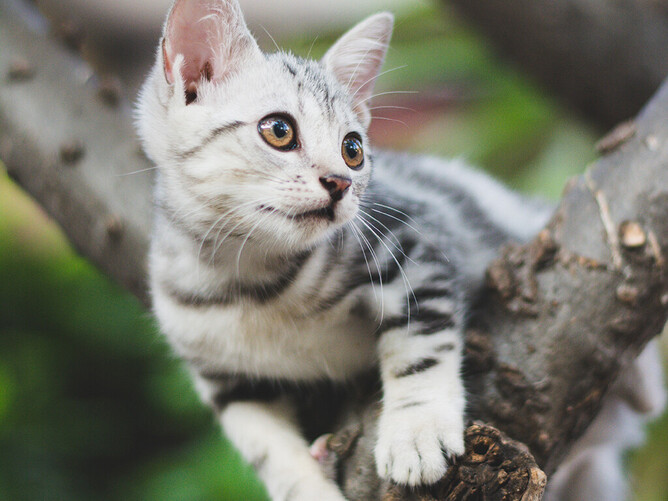Your pet is part of the family.
You feed, groom, care for and love them every day. Desexing your pet is an essential part of that care. We and the NZ Veterinarian Association advocate the desexing of all companion animals. Neutering of both pet dogs and cats ensures they live happier and healthier lives and avoids unwanted litters.
What Does Desexing My Cat or Dog Mean?
Desexing or neutering of your pet involves a surgical procedure under general anaesthesia where we remove their sexual organs. In females, this is called spaying and involves the removal of both ovaries and the uterus. In males, this is called castration and involves the removal of the testicles.
Ideally, we recommend you desex your pet before they become sexually mature or in heat. A kitten can become pregnant from four months of age, while a puppy can become pregnant from around five months. A good time to be thinking about neutering your pet is when they reach five to six months of age. There has been research done regarding larger dog breeds, which identified they run the risk of ligament damage and other conditions if desexed early. If you are the owner of a larger breed dog, we are happy to chat with you about this.
Benefits of Desexing Your Dog or Cat
There are numerous health and behavioural benefits to spaying or castrating your pet. The benefits include:
- Prevent unwanted pregnancies and litters
- Reduce roaming and property escapes
- Reduce territorial urine spraying
- Less fighting and aggression
- Prevent reproduction organ diseases including ovarian tumours, cystic ovaries, testicular tumours, or acute or chronic uterine infections
- Reduce risk of perianal hernias, prostate diseases, mammary cancer and perianal tumours.
Common Myths About Desexed Pets
There are many misconceptions when it comes to the neutering and spaying of our pets. While we agree that our pet owners come from a position of wanting the best for their companion animal, we thought’s we’d debunk three of these common myths.
- My cat or dog will get fat – it’s true that a desexed animal requires less nutritional energy due to a drop in their metabolism. An overweight pet is avoided by decreasing their food intake, not by refusing to neuter.
- My dog will stop wanting to guard my home – dogs guard your property due to their loyalty to you and your family, not because they are un-neutered. Desexing your pet will reduce their levels of aggression, making them happier and calmer.
- My pet will be friendly if they’ve had a litter – a cat’s personality it formed early on, not by pregnancy or having babies.
Still got a couple of unanswered questions?
Give us a call today to book in a time to have a chat with us about desexing your pet. The small cost is by far outweighed by the many benefits.





